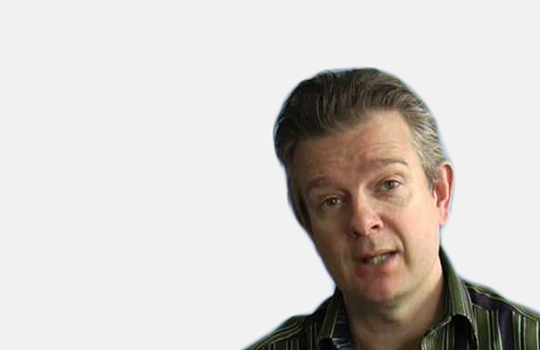![]() It’s an odd question I know, but bear with me. It was prompted by a book I picked up again recently, “Open Skies,” a collection of Somerset landscapes by the war photographer Don McCullin. McCullin is arguably the best known war photographer of his generation, and has taken some of that generation’s most iconic war photographs – you may recall his image from Vietnam of a shell-shocked marine, huge hands grasping the barrel of his rifle, blank eyes staring out from under his helmet. It is the picture of a man reduced almost to nothing by fear. Open Skies is an old book now, published in 1989, but when it came out I remember talk of McCullin retreating to rural England to repair a mind damaged by war. But McCullin’s landscapes are not therapeutic. Rather than healing his mind, they speak of its horrors. They are bitter, mid-winter photographs of a denuded land. Experience of suffering, they hint, does not necessarily extend sympathy. It can kill it. And then I got to wondering what impact doctors’ daily acquaintance with suffering might have on their sensibilities. Does it make them better people, where better simply means more able to recognise that others have an equivalent sense of self and make then more capable therefore, of empathy? Or does the daily toll of woe tend in the other direction – toward exhaustion and retreat? Does professional survival in the midst of so much suffering require a shielding or even a cauterising of the common human capacity for feel for others?
It’s an odd question I know, but bear with me. It was prompted by a book I picked up again recently, “Open Skies,” a collection of Somerset landscapes by the war photographer Don McCullin. McCullin is arguably the best known war photographer of his generation, and has taken some of that generation’s most iconic war photographs – you may recall his image from Vietnam of a shell-shocked marine, huge hands grasping the barrel of his rifle, blank eyes staring out from under his helmet. It is the picture of a man reduced almost to nothing by fear. Open Skies is an old book now, published in 1989, but when it came out I remember talk of McCullin retreating to rural England to repair a mind damaged by war. But McCullin’s landscapes are not therapeutic. Rather than healing his mind, they speak of its horrors. They are bitter, mid-winter photographs of a denuded land. Experience of suffering, they hint, does not necessarily extend sympathy. It can kill it. And then I got to wondering what impact doctors’ daily acquaintance with suffering might have on their sensibilities. Does it make them better people, where better simply means more able to recognise that others have an equivalent sense of self and make then more capable therefore, of empathy? Or does the daily toll of woe tend in the other direction – toward exhaustion and retreat? Does professional survival in the midst of so much suffering require a shielding or even a cauterising of the common human capacity for feel for others?
Of course professionalism requires detachment. For doctors to suffer with others as if the suffering were their own would be a quick step to self-destruction. In some circumstances the ability to act quickly and dispassionately can save lives. But what might be the long term effects of such a necessary exercise of detachment? I recall a conversation with a doctor-friend along these lines. Problems arose, she said, where doctors lose the ability to influence for the better the lives of those they encounter. Not the fact of suffering itself, but overwork, vanishingly brief consultations, complex problems that lie beyond remedy, the frustrations of bureaucracy – these were the real soul-killers. Let doctors get on with their job, she said, and there will be no lack of sympathy. Where doctors can make a difference there will be no moral drought.
Medicine is not war, I know, and most illnesses stem not from organised violence, but from chance and choice, and so perhaps McCullin’s case should be distinguished. But it remains perhaps an interesting question and I would welcome your thoughts.
Julian Sheather is ethics manager, BMA. The views he expresses in his blog posts are entirely his own.
